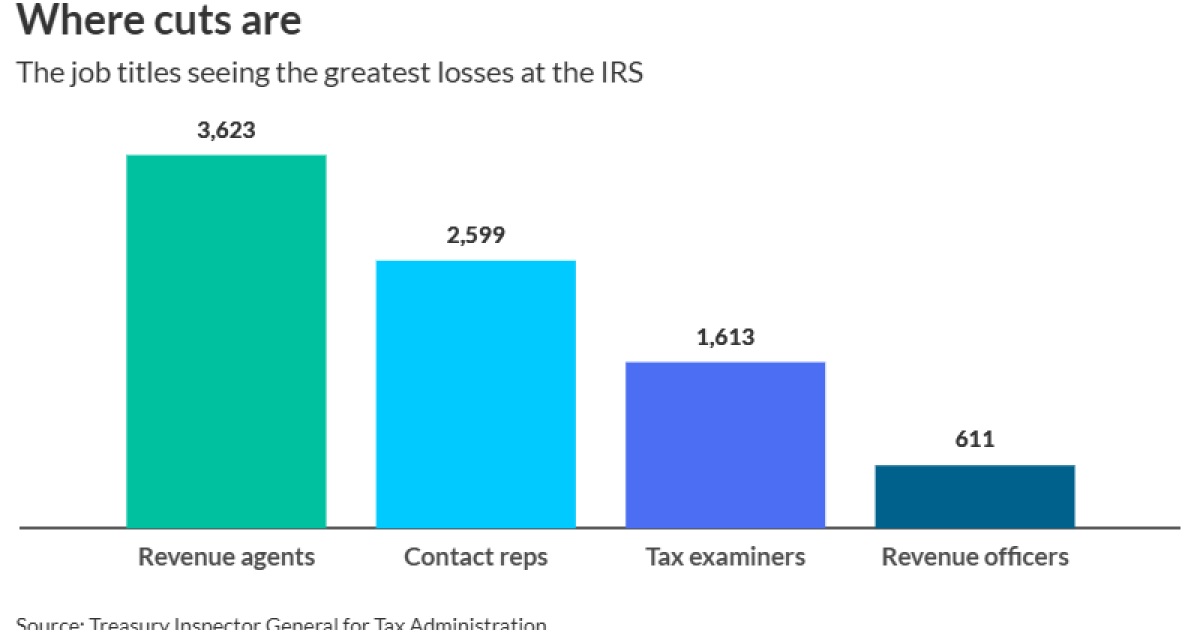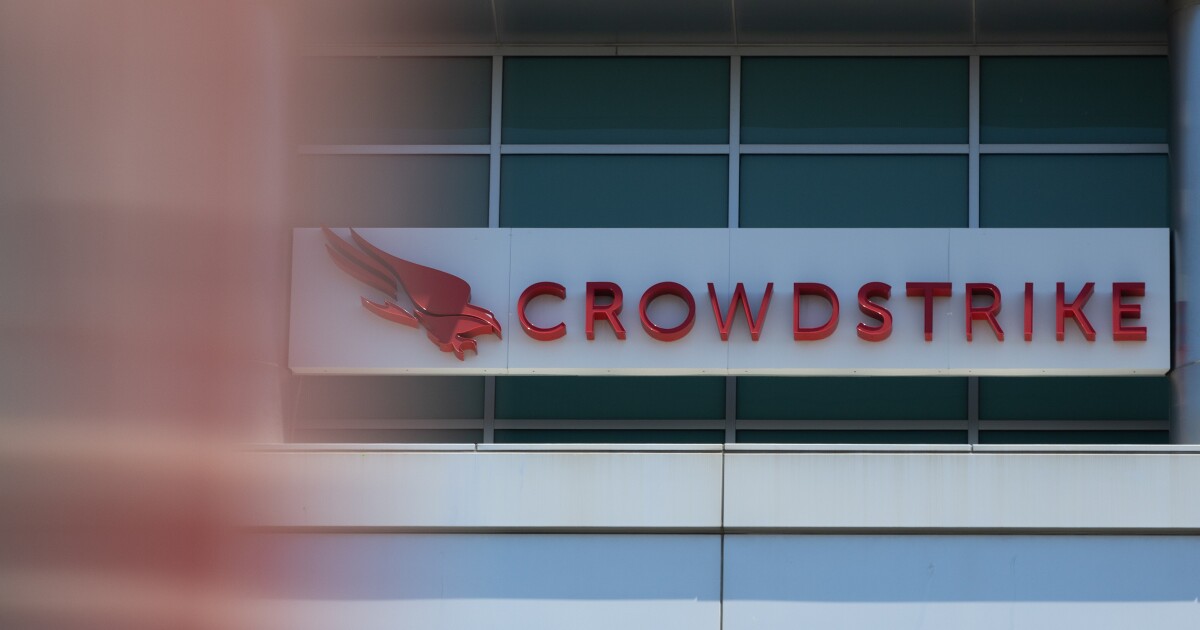Today, accounting and advisory firms face the dual challenge of staying ahead of professional trends while delivering unmatched value to their clients.
One strategy to address both challenges is leveraging communities and crowds. These networks provide access to expertise, peer insights, and collaborative opportunities that drive innovation and improve operations and client satisfaction.
Communities are made up of individuals who are aligned with your firm’s vision or “Massive Transformative Purpose.” These include current and former employees, clients and strategic partners. A thriving community fosters engagement, collaboration and trust, creating an ecosystem that fosters value creation.
Crowds, on the other hand, are broader groups outside your immediate community. They’re prospects, collaborators and thought leaders you can draw into your circle of influence with compelling offerings or shared goals.
Leaders who know how to harness both communities and crowds have several advantages, including:
- Insights and innovation. Crowdsourcing and peer discussions uncover fresh ideas and industry and professional trends.
- Expanded reach. Crowds help firms grow their audience and attract new clients.
- Operational excellence. Communities share best practices, tools and strategies to improve efficiency.
- Client satisfaction. Active communities foster a sense of belonging and trust, reinforcing loyalty.
The role of a peer community in driving value
Our Boomer Circles are a great example of the power of communities. They provide a unique structure where member firms harness the power of communities and crowds across several areas. The Circles cover technology, operations, talent, learning and development, client accounting and advisory services, marketing, and more, and they offer targeted forums for knowledge-sharing, problem-solving and innovation.
Boomer Circles allow our member firms to engage with subject-matter experts in specialized domains. For example, members of the Boomer Technology Circles learn how their peers use artificial intelligence-based analytics tools and the blockchain to improve audit accuracy and efficiency. Members of the Boomer Operations Circle share workflow optimization strategies, such as adopting agile project management or leveraging automation tools.
Many of our member firms have implemented innovations like robotic process automation and streamlined engagement tracking thanks to insights gained in these sessions.
Our Circle communities create a safe space for firm leaders to share lessons learned and practical solutions. For example, members of the Talent Circle address recruitment challenges by exploring gamifying professional development. In our Marketing and Business Development Circle, members share campaigns and lead-generation tactics they’ve used to successfully attract high-value clients.
One firm revamped its pricing strategy based on insights from peers in the Managing Partners Circle, resulting in improved revenue predictability and client satisfaction.
The Boomer Circles also incorporate external thought leaders, vendors and solution providers to expand the resource pool for CPA firms. For example, in the CIO Circle, vendors demonstrate innovative tools for data integration and cybersecurity, helping firms adopt best-in-class solutions.
Learning and Development Circle members partner with training organizations to upskill employees in advisory and consulting services, AI implementation and other high-demand areas.
Harnessing the power of crowds
In addition to communities, firms can tap into the power of crowds to enhance their capabilities.
Accounting firms can gather fresh ideas by hosting challenges or ideation sessions or inviting client input on new advisory services. Early adopters can test new service models or products, offering valuable feedback. Crowds also help with talent attraction and retention, as they serve as a talent pool where firms can identify and engage promising professionals.
For example, one of our member firms successfully expanded its virtual CFO offering after validating the concept with a broader audience and receiving feedback on pricing and delivery.
Of course, joining a peer community involves a financial outlay. That’s why we encourage our member firms to continually evaluate the success of community and crowd initiatives through:
- Engagement metrics: Participation in workshops, forums and Circle sessions.
- Operational improvements: Efficiency gains from process enhancements.
- Revenue growth: The success of new service lines or pricing models.
- Client retention: Feedback and satisfaction scores from engaged clients.
Firms that consistently measure and act on these metrics create a cycle of continuous improvement.
By leveraging communities and crowds, firm leaders can unlock exponential growth and deliver exceptional value to their clients. These networks provide access to expertise, foster innovation, and help firms remain agile in a competitive marketplace.
The future of the accounting profession is collaboration, adaptability, and a relentless focus on client experience. If your firm hasn’t yet tapped into the power of communities and crowds, now is the time to take the leap and lead with confidence.
Think — plan — grow!


 Economics1 week ago
Economics1 week ago
 Accounting1 week ago
Accounting1 week ago
 Blog Post5 days ago
Blog Post5 days ago
 Economics1 week ago
Economics1 week ago
 Personal Finance1 week ago
Personal Finance1 week ago
 Economics6 days ago
Economics6 days ago
 Personal Finance1 week ago
Personal Finance1 week ago
 Finance1 week ago
Finance1 week ago










